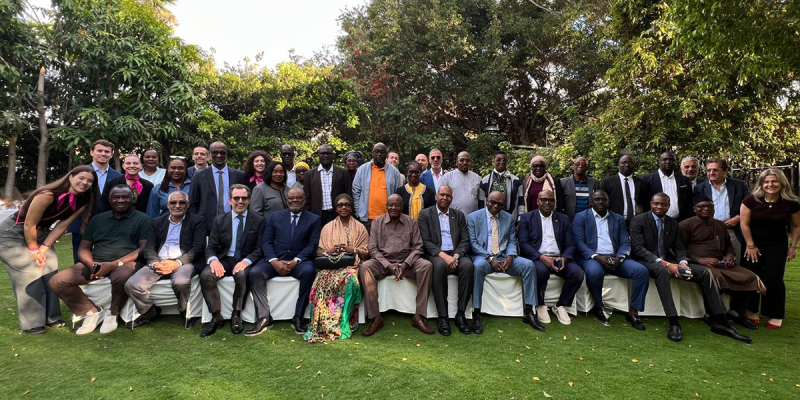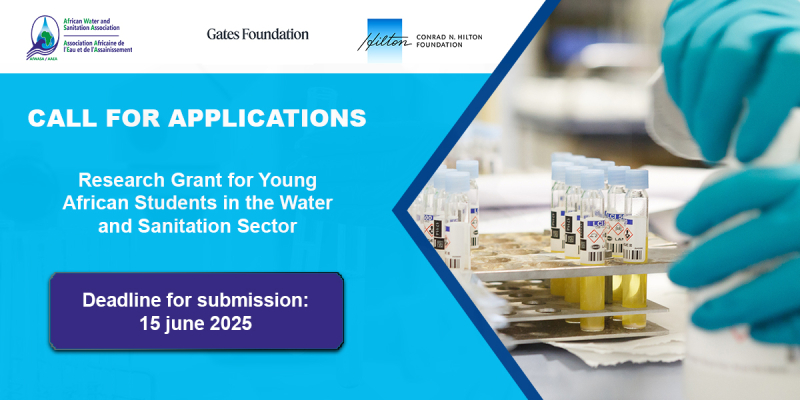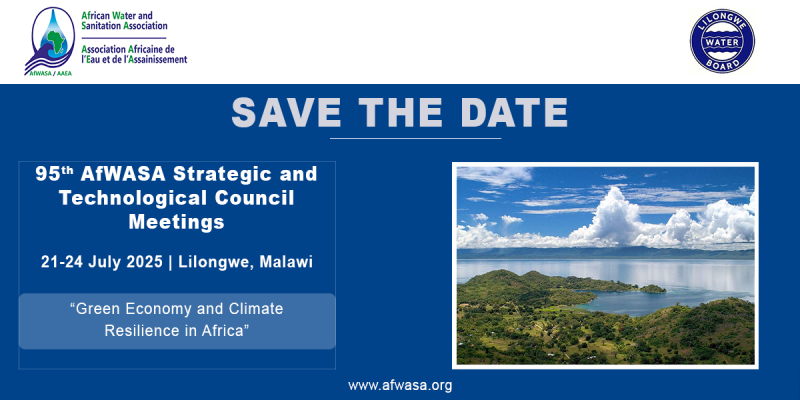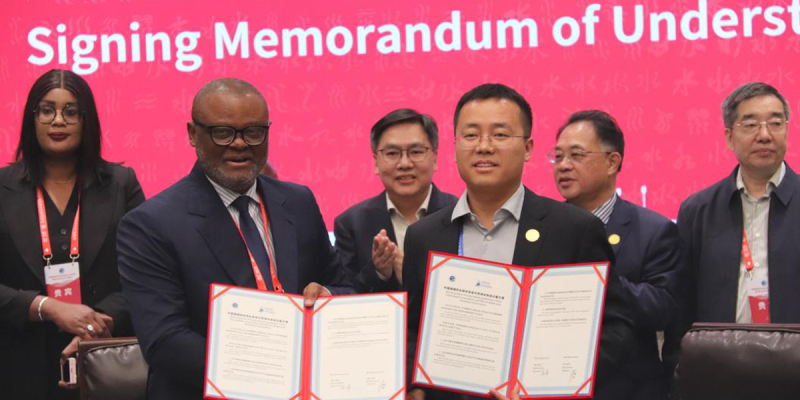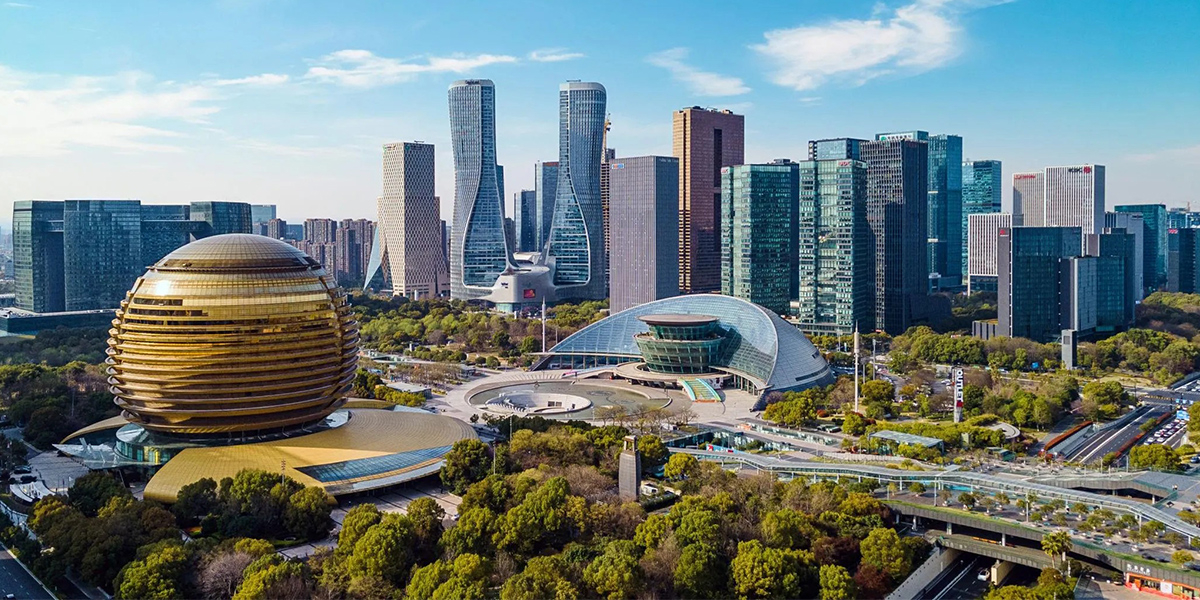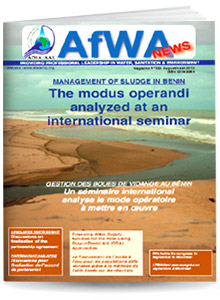 By a vote of 122 in favour to none against, with 41 abstentions, the UN General Assembly on 28 July 2010 adopted a resolution recognizing access to clean water and sanitation as human right. The resolution also calls on States and international organizations to provide financial resources, build capacity and transfer technology, particularly in developing countries. For The African Water Association this is a very welcome development. Even as we wish to congratulate members of the General Assembly for their focus on/and overwhelming endorsement of this all-important sector we also wish to highlight some responsibilities imposed on all sector stakeholders especially African governments and sector operators.
By a vote of 122 in favour to none against, with 41 abstentions, the UN General Assembly on 28 July 2010 adopted a resolution recognizing access to clean water and sanitation as human right. The resolution also calls on States and international organizations to provide financial resources, build capacity and transfer technology, particularly in developing countries. For The African Water Association this is a very welcome development. Even as we wish to congratulate members of the General Assembly for their focus on/and overwhelming endorsement of this all-important sector we also wish to highlight some responsibilities imposed on all sector stakeholders especially African governments and sector operators.
AFWA recognizes the immense efforts that governments in Africa have been making in the recent past to close the gaps in the sector. The concerted efforts at the level of the African Union (AU)-the Sharm El Sheikh Declaration, the creation of the African Water Facility, AMCOW etc. are noteworthy. Even as we applaud these efforts we wish to urge the political authorities to do a lot more especially in the area of investments. The investment requirements are huge but looking at the direct benefits and the multiplier-effects, in terms of savings on health budgets and general economic impacts, the benefits far outweigh the costs. We would need to remind ourselves that the MDGs milestone is just around the corner and statistics so far indicate that Africa is lagging behind other regions of the world and generally off-track especially in the sanitation sub sector.
Indeed it is known that less than half of the countries of Africa appear on course to achieve the MDGs. Let this declaration by the UN General Assembly provide the added impetus for African governments to boldly deal with the investment issues.
We also wish to urge all our members and other operators to make the most of investments in the sector through prudent and transparent management practices. Available experiences have shown that professional contemporaries in countries on this same continent have engineered management turn-arounds. There is no reason why this cannot be done elsewhere. This is the time for continuous benchmarking and innovations. Service delivery should include high impact options especially in low-income un-served and under-served areas. We should be willing to share best practice experiences through the Water Operators Partnership program, the African Water Academy and other AFWA platforms. The time to act is now!

 English
English  Français
Français 


